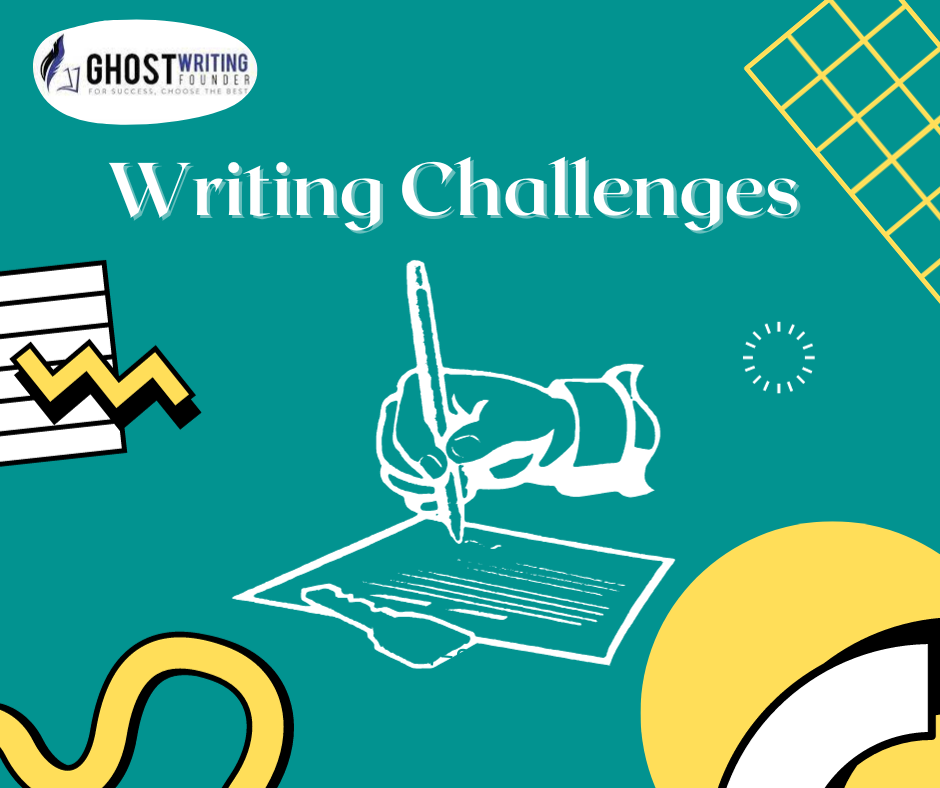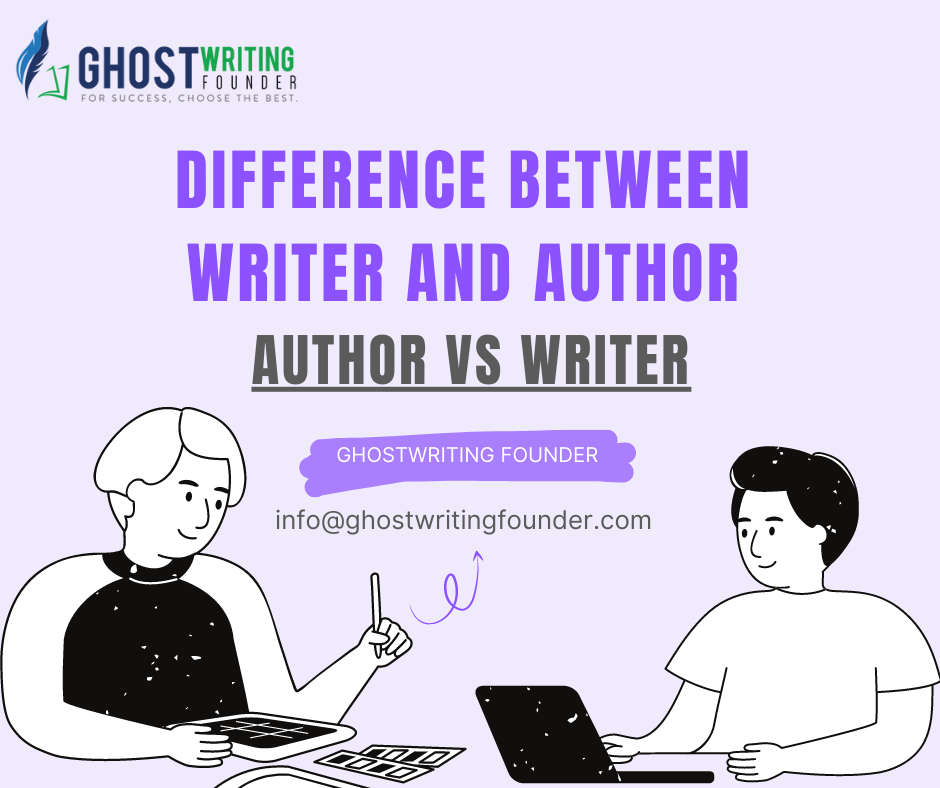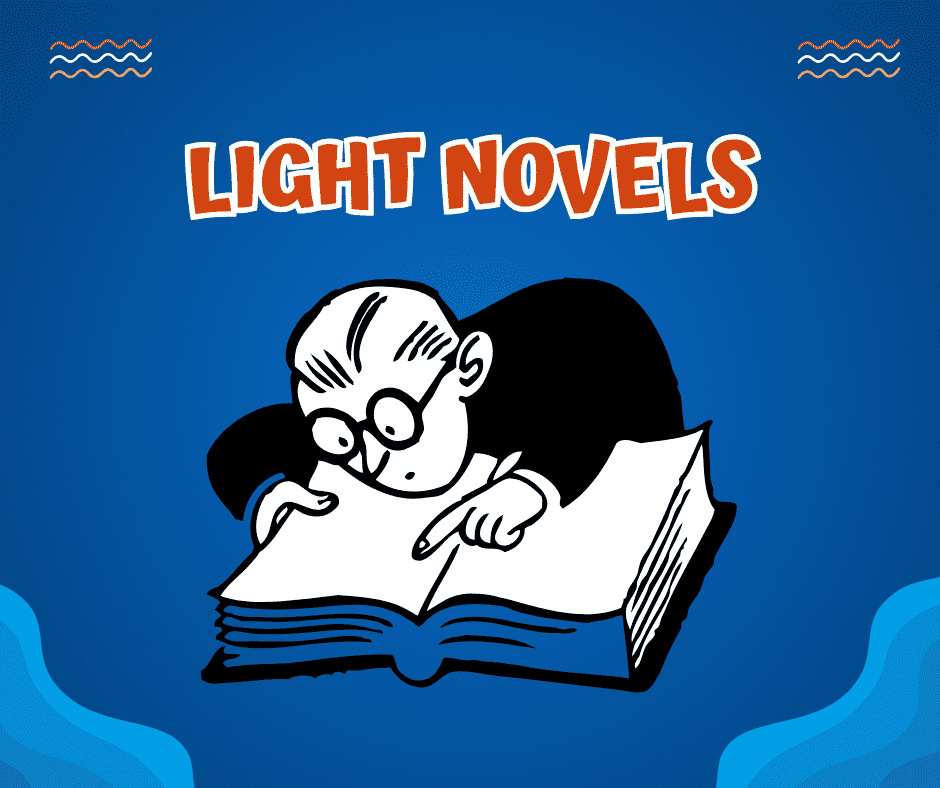
book writing
Writing is an art that has the power to convey ideas, emotions, and stories to a vast audience. But, for many folks, it’s hard to start writing. In this article, we will explore the reasons why writing is often considered a daunting task and provide valuable tips to help aspiring writers overcome writing challenges.
Writing Challenges – 1- Creative Blocks and Writer’s Block
Writers and creative people sometimes have two main writing challenges: they can’t come up with new ideas, or sometimes they can’t write anything at all. These problems happen when it’s tough to find the right words and ideas. They can be frustrating and make it hard to create things. Writer’s block is even more severe because it means you can’t write anything at all, and you might feel stuck and uninspired.
Causes of Creative Blocks and Writer’s Block:
One big reason for creative blocks is wanting everything to be perfect right away. Writers feel like they have to make perfect work from the start, which makes them doubt themselves and hesitate. Some writers are afraid of doing bad work or getting criticized. This fear can stop them from even starting to write.
Sometimes, creative blocks happen when writers can’t find good ideas or inspiration. It’s like they’re not sure what to write about. Overthinking about every word or sentence can lead to writer’s block. Things like noise, stress, or personal problems can get in the way of being creative and make writer’s block worse.
Tips:
To beat writing challenges of creative blocks and writer’s block, you need to do a few things:
- Try writing without any plan or rules. Just let your thoughts flow onto the page… For more guidance, check out 20 fun writing prompts to help maintain a daily habit. This can help you get past your doubts and get ideas flowing.
- Remember that your first draft doesn’t have to be perfect. It’s okay to write badly at first, knowing you can fix it later.
- Set up a regular time to write. Doing it regularly helps your brain get used to being creative.
- Instead of trying to finish a whole project, break it into smaller, more manageable parts. This makes writing feel less overwhelming.
- Do things that inspire you, like reading, going for walks, or trying new things… Find inspiration in the beauty of book aesthetics and how visual appeal enhances reading experience. Sometimes, great ideas come when you least expect them.
- Make a quiet, distraction-free place for writing. Turn off your phone and set clear goals for each writing session.
Writing Challenges – 2- Overcoming Self-Doubt
Self-doubt is a common and tricky problem that affects a lot of writers, no matter how experienced or famous they are. It’s like a never-ending feeling that keeps bothering them while they try to write, making it hard for them to create their best writing. This problem is widespread among writers and can really hurt their ability to write well and feel good about themselves.
Tips:
Sometimes, writers worry too much about how their writing will turn out. Instead, focus on the fun of writing, trying new things, and getting better. Even famous authors started with not-so-perfect drafts.
Think of self-doubt and challenges as chances to grow and improve… Discover more strategies in 5 motivating justifications for writing a book. Every problem is a way to learn and become a better writer. Don’t see them as roadblocks.
It’s scary to share your writing, but hearing what others think can help you get over self-doubt. Choose people who understand your goals and can give you good advice.
Writing can take a long time, so celebrate the little victories. Finishing a chapter, hitting a word goal, or getting positive feedback all show you’re making progress.
Self-doubt often makes you think your writing is terrible. Challenge these thoughts by writing down your achievements and positive feedback. When you doubt yourself, remind yourself of these good things.
Find other writers and writing services like the Ghostwriting Founders who can help you when you’re feeling down. Join workshops, online groups, or writing get-togethers.
Writing Challenges – 3- Handling Criticism in Writing
Many writers struggle when others criticize their work. This criticism can come from editors, friends, or readers, and it’s tough to deal with. It often makes writers feel bad and can even stop them from writing well. This problem can slow down a writer’s progress and make them lose confidence and motivation.
Tips:
See it as an opportunity to learn and improve as a writer. Ask for feedback from people you trust, like writing buddies, mentors, or beta readers. Good feedback can help you get better.
Don’t react right away when you get criticized. Give yourself time to think and calm down before responding. This way, you can focus on the feedback itself, not just your feelings. Remember that your worth as a person isn’t based on how good your writing is. When you disconnect your self-esteem from your work, it’s easier to handle criticism without feeling hurt.
What’s the most crucial piece of advice for aspiring writers?
The most important advice for people who want to become writers is to ‘write regularly and read a lot.’ To improve your skills, consider our content development services. Here’s what this advice means:
Write Regularly:
You need to practice regularly to get better at writing. Schedule specific times each day or week to write, even if it’s only for a short time. Think of writing as a skill that improves with practice, whether you’re working on a novel, short stories, essays, or a journal.
Read a Lot:
Writers need to read a wide variety of books and materials. Reading exposes you to different writing styles, tones, and perspectives. It also helps you learn about storytelling, creating characters, making plots, and using language effectively.
Additional tips for aspiring writers:
Edit and Revise:
Your first draft is usually not your best work. Get professional help with book editing services for the best results. Editing and revising are crucial parts of the writing process. Don’t be afraid to rewrite, rearrange, and improve your work until it’s the best it can be. For more on refining your work, read about book editing: a comprehensive writer’s outline.
Find Your Voice:
Developing a unique writing style is what makes you special as a writer. It’s a combination of your perspective, style, and personality that sets your writing apart. Don’t try to copy other writers; focus on expressing yourself honestly.
Main Attributes and Elaborate Information
| Writing Challenges | Causes | Tips |
|---|---|---|
| Creative Blocks and Writer’s Block | – Perfectionism – Fear of criticism – Lack of ideas or inspiration – Overthinking – External distractions (noise, stress) |
– Write freely without rules – Accept imperfect first drafts – Establish a regular writing routine – Break projects into smaller parts – Seek inspiration from various sources – Create a quiet, distraction-free environment |
| Overcoming Self-Doubt | – Constant self-criticism – Fear of negative outcomes |
– Focus on the enjoyment of writing – View challenges as growth opportunities – Seek constructive feedback – Celebrate small writing achievements – Record positive feedback and achievements – Connect with supportive writing communities |
| Handling Criticism in Writing | – Negative feedback from various sources – Personal impact on self-esteem and confidence |
– View criticism as a learning opportunity – Take time to process feedback calmly – Separate self-worth from writing quality – Seek trusted sources for constructive feedback |
| Write Regularly | – Need for consistent practice | – Set specific times for writing – Treat writing as a skill to be improved |
| Read A Lot | – Exposure to various writing styles and techniques | – Read diverse materials for inspiration and learning |
| Edit and Revise | – Importance of refining the first draft | – Don’t hesitate to rewrite and rearrange – Seek professional editing services |
| Find Your Voice | – Developing a unique writing style | – Focus on personal expression rather than imitation |
Conclusion
Writing can be challenging, but if you keep trying, believe in yourself, and use suitable methods, it can become a satisfying and enjoyable experience. Don’t be afraid of the writing challenges, keep learning, and never give up on writing.









Leave a Reply